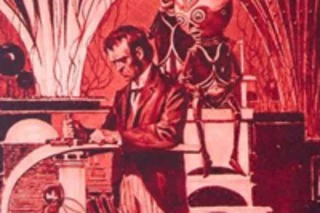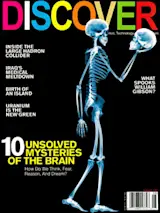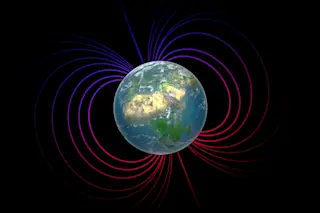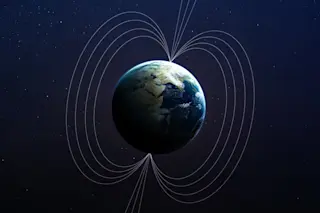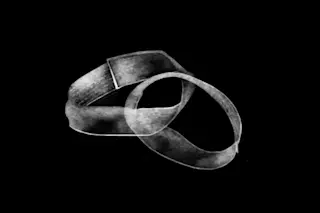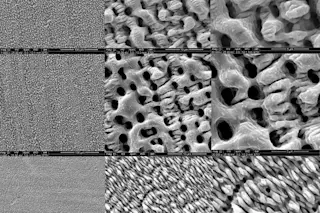In a sulfurous chasm beneath Reality, lit by the orange glow from what appears to be a river of molten Time, the serpent and the eagle have reached their moment of final reckoning. The eagle swoops in for the kill with talons extended, each mighty feather a-bristle with fury. The serpent marshals what’s left of its coiled strength and turns its fanged and slavering maw to meet the eagle’s gaping beak in a cosmic kiss of death that will obliterate countless worlds, if not, in fact, all of them.
Other than this, however—the design on the back of the Hawaiian-cut shirt of a very old man investigating the bean dip over at the buffet table—this gathering of the Science Fiction and Fantasy Writers of America is palpably low on excitement. We’re on the 38th floor of a Marriott hotel in Lower Manhattan, in a poky beige suite filled with the ...


